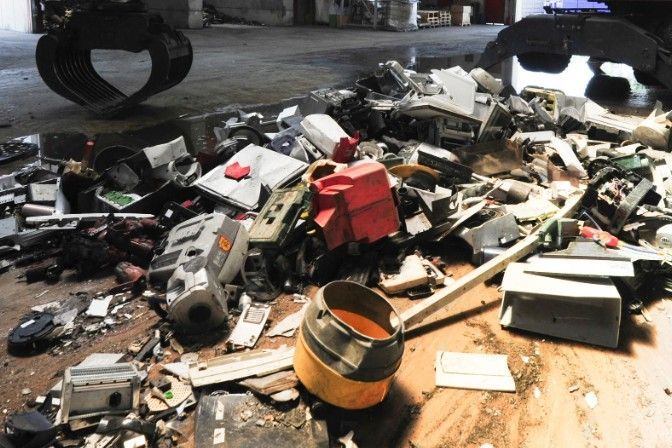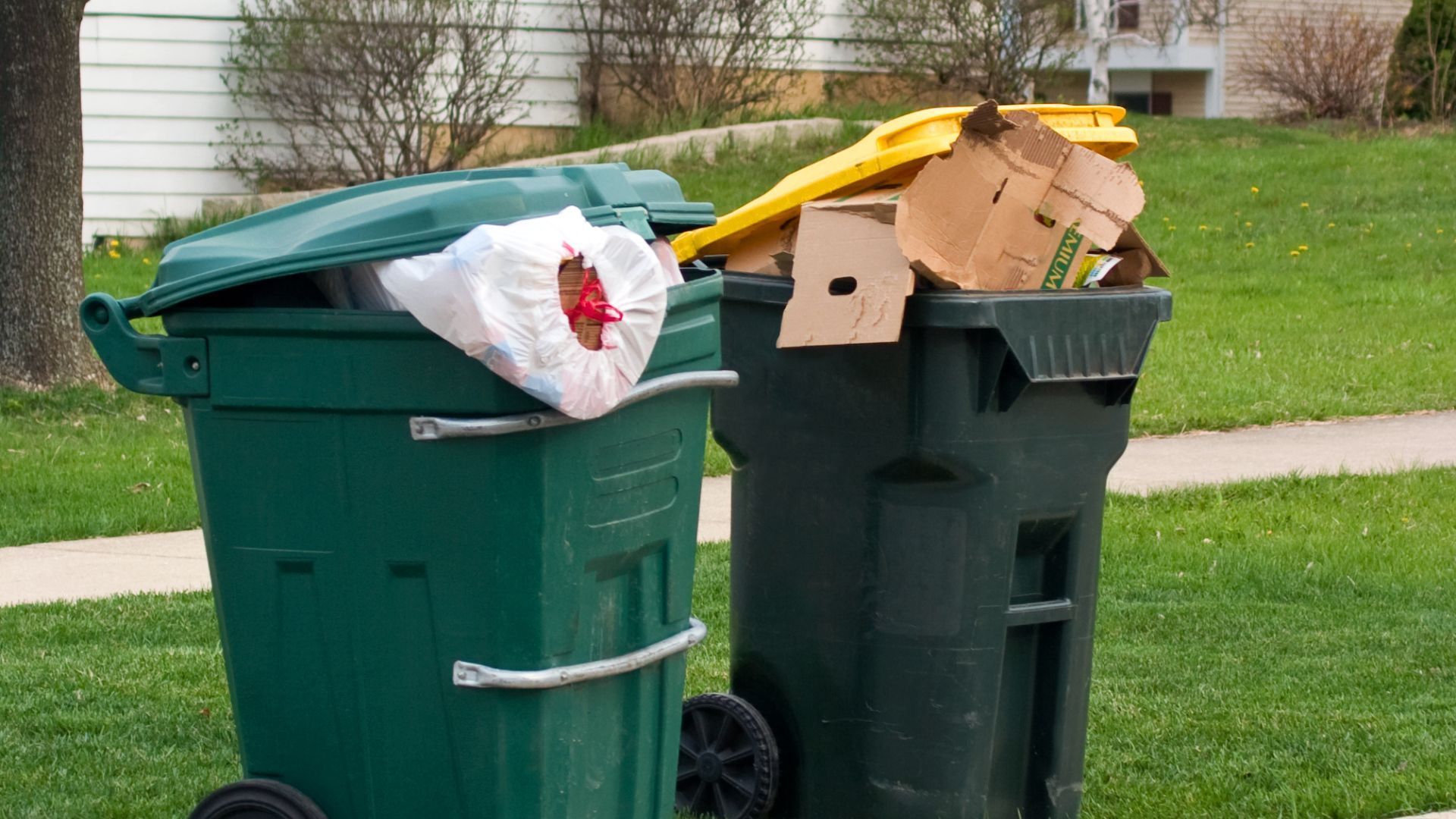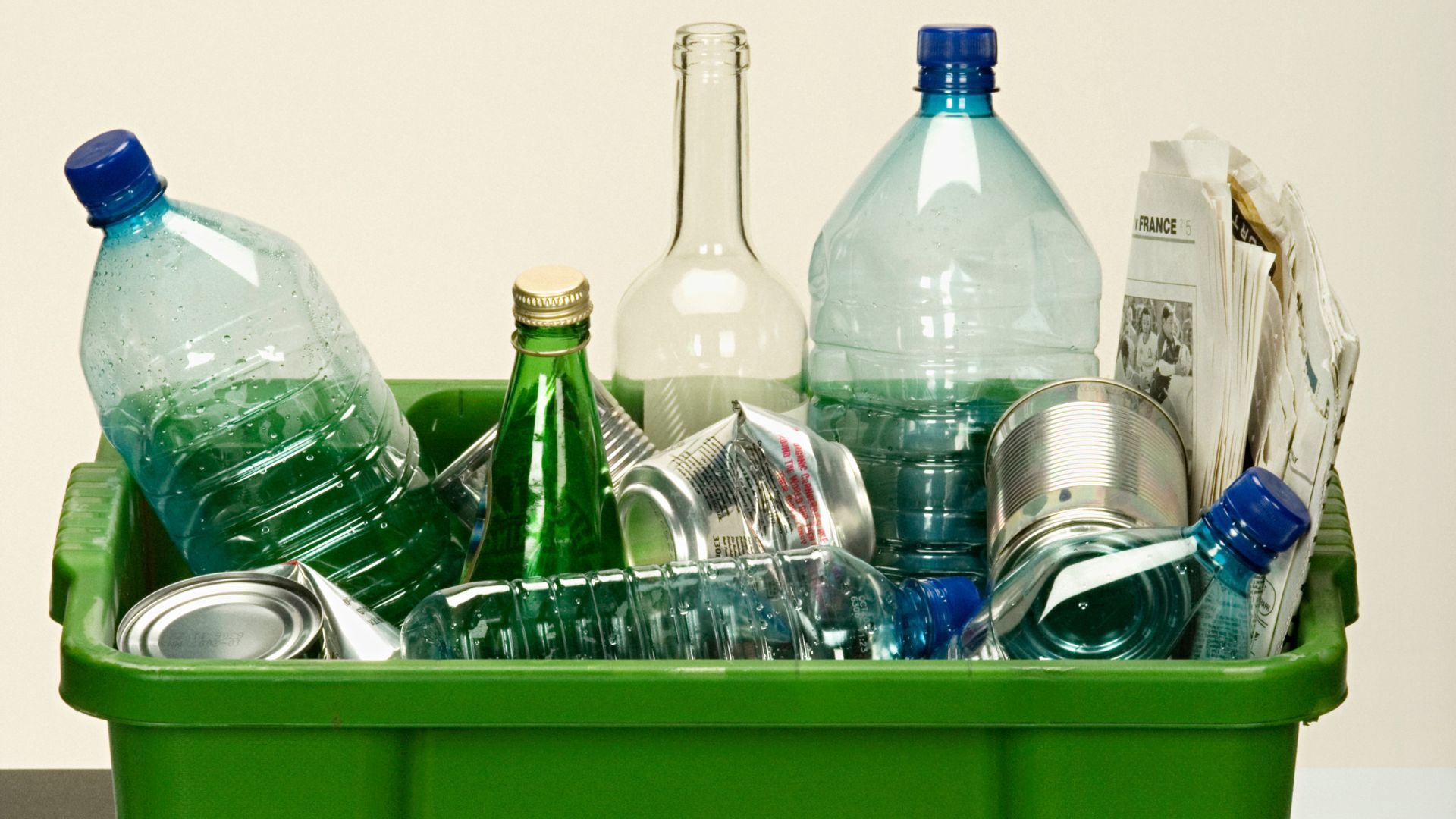E-Waste Disposal: What You Should Know Before You Dispose
In today’s digital age, electronic devices have become an essential part of daily life. From smartphones to laptops, televisions, and tablets, these devices keep us connected, entertained, and productive. As technology rapidly evolves, upgrading to the latest models is common, which often leaves old gadgets piling up. However, the disposal of these devices is a growing concern, as improper handling of electronic waste, or e-waste, can have devastating environmental consequences.
E-waste contains hazardous materials such as mercury, lead, cadmium, and brominated flame retardants, which can leach into the environment when disposed of improperly. This can lead to contamination of soil, water, and air, affecting wildlife and human health. Moreover, e-waste is a valuable source of recyclable materials like metals, plastics, and glass, which can be reused in new products, reducing the need for raw material extraction.
The Hidden Dangers of E-Waste
E-waste is far more than just a collection of outdated electronics waiting to be thrown away. It contains numerous toxic materials that pose significant threats to both human health and the environment. Some of the most dangerous substances found in e-waste include lead, mercury, cadmium, and brominated flame retardants. When electronic devices are improperly discarded, such as being thrown into regular trash or left in landfills without proper handling, these substances can leach into the soil, contaminate water sources, and pollute the air.
The environmental consequences can last for decades, as these hazardous materials break down slowly, creating lasting damage to ecosystems. The harm to wildlife can be devastating, as animals are exposed to these toxic elements through the environment. By improperly disposing of e-waste, we not only risk harming the planet but also violate local regulations designed to protect public health. It's critical to ensure that e-waste is properly recycled to mitigate these harmful effects.
What Happens When You Throw Away E-Waste?
Throwing away e-waste in regular trash bins often leads to it being sent to landfills, where the hazardous components begin to break down. As electronics degrade, they release harmful chemicals, which can contaminate soil and groundwater. Some materials found in e-waste, such as mercury and lead, are known to cause neurological and developmental issues in humans and animals. E-waste can also contribute to the growing problem of pollution in oceans, as some electronics end up in waterways, further spreading toxic substances.
Furthermore, the process of e-waste disposal in landfills emits greenhouse gases that contribute to climate change. These factors combined make it clear that the proper disposal of e-waste is not just a matter of convenience but an urgent need for a healthier planet.
The Right Way to Dispose of E-Waste
Thankfully, there are responsible ways to dispose of e-waste that reduce its environmental impact. Recycling is the most effective method, allowing valuable materials like metals, plastics, and glass to be reused in the production of new electronic products. Proper e-waste recycling facilities have specialized processes to safely remove hazardous materials and recover valuable resources. However, it’s important to find certified e-waste recycling centers to ensure that the process is done correctly.
One option is donating your old electronics if they still work. Many organizations and schools accept gently used devices, extending their lifespan and reducing waste. Refurbishing old gadgets not only helps the environment but can also provide others with affordable technology.
E-Waste and Data Security
One of the most overlooked aspects of e-waste disposal is data security. Whether you’re getting rid of an old computer, smartphone, or tablet, it’s crucial to erase all personal information before disposing of the device. Simply deleting files is not enough; it’s essential to wipe the device completely to prevent sensitive data from falling into the wrong hands.
Consider using data-wiping software or taking the device to a professional to ensure that all personal information is securely removed. For hard drives, many recycling centers offer services to physically destroy them, making it impossible for anyone to recover your data. This is especially important for businesses and individuals who handle sensitive information.
E-Waste Recycling Programs in Augusta

If you live in or around Augusta, GA, there are several local recycling programs dedicated to e-waste disposal. Many of these programs partner with certified e-waste recycling companies to ensure that electronics are disposed of in an environmentally friendly manner. Some local governments even organize collection events where residents can drop off old electronics for recycling at no cost.
Before heading out to drop off your old gadgets, it’s important to check the program's specific guidelines, as certain devices may require additional handling. For instance, CRT televisions and monitors contain hazardous components that need special processing, and some programs may not accept them.
The Benefits of Proper E-Waste Disposal
Proper e-waste disposal offers a wide range of benefits, from reducing environmental pollution to conserving valuable resources. When electronics are recycled, materials like aluminum, copper, and gold can be extracted and reused, helping to reduce the need for mining and decreasing the environmental impact of resource extraction. Furthermore, recycling electronics reduces the need for landfill space, which can be better used for non-hazardous waste.
On a broader scale, responsible e-waste disposal supports the development of a circular economy. By reusing materials and reducing the need for new resources, we can move toward a more sustainable future that conserves natural resources and minimizes waste. The recycling industry also creates jobs, further benefiting the economy.
The Role of Manufacturers in E-Waste Management
While individual consumers have an important role to play in e-waste disposal, manufacturers also bear a significant responsibility. Many electronics companies have taken steps to address the growing e-waste problem by offering take-back programs where consumers can return their old devices for proper recycling. These initiatives encourage customers to dispose of electronics responsibly while promoting the reuse of materials.
Some companies are even designing products with recyclability in mind, making it easier to separate valuable components and materials for reuse. As the demand for environmentally friendly products increases, manufacturers will likely continue to innovate and adopt more sustainable practices.
E-Waste Disposal Laws and Regulations
In many regions, laws and regulations are in place to ensure that e-waste is disposed of in an environmentally responsible manner. These regulations may vary by country or state, but they generally aim to reduce the environmental impact of e-waste and promote recycling. In the United States, for example, the Electronic Waste Recycling Act mandates that electronic products such as televisions and computers must be recycled at certified facilities.
In addition to federal regulations, many states have implemented their own laws governing e-waste disposal. In Georgia, local governments often offer e-waste recycling programs to comply with these regulations and promote sustainable waste management practices.
How to Choose an E-Waste Disposal Service
Choosing the right e-waste disposal service is essential to ensure that your old electronics are disposed of responsibly. Start by researching companies that are certified by recognized organizations such as R2 (Responsible Recycling) or e-Stewards. These certifications ensure that the recycling center adheres to stringent environmental and data security standards. Certified facilities follow established processes to ensure that hazardous materials are safely handled, preventing them from being released into the environment. It's also important to inquire about the company's recycling practices.
A trustworthy provider will prioritize maximum recycling of components, such as metals, plastics, and glass, and will responsibly dispose of or recover toxic substances. Many e-waste disposal services also offer secure data destruction, ensuring that personal information is fully erased from devices. Asking these critical questions will give you peace of mind, knowing that your e-waste is being handled in a way that supports both environmental sustainability and data security.
How You Can Help
As consumers, we each have a vital role in reducing e-waste and promoting responsible disposal practices. Start by carefully assessing the condition of your old electronics. Can they be reused, donated, or sold? Devices that still function have the potential for a second life, and passing them on to someone else can extend their useful lifespan. If the devices are beyond repair or reuse, seek out a certified e-waste recycling program that accepts them for proper disposal.
Another way to reduce e-waste is by being more mindful of what we purchase. Opt for products that are durable, easy to repair, and made from sustainable materials. Avoiding the trap of planned obsolescence can significantly reduce the amount of electronic waste generated. Furthermore, consider supporting companies that prioritize eco-friendly practices and sustainability in their products and operations. Small, thoughtful actions from each of us can collectively make a significant impact, contributing to a cleaner environment and a more sustainable future.
Conclusion
The issue of e-waste disposal is more critical than ever. As technology rapidly advances, the rate at which electronics become obsolete continues to rise, creating a significant environmental challenge. Improper disposal of e-waste can lead to dangerous consequences, including soil and water contamination from toxic substances found in old electronics. It’s essential that we adopt responsible disposal practices to minimize these risks and reduce the ever-growing volume of e-waste. Recycling e-waste offers a solution that not only prevents harmful pollution but also conserves valuable resources.
Electronics are made up of materials such as metals, plastics, and glass that can be reused in the production of new products, reducing the need for additional raw materials. By recycling, we contribute to a circular economy that supports sustainability and reduces environmental impact. It’s our responsibility to ensure that our old gadgets are disposed of properly and in an eco-friendly manner. For efficient and reliable e-waste disposal services, trust Hinkins Disposal in Augusta, GA. Whether you’re an individual or a business, we offer responsible recycling solutions to help protect the planet. Contact us today at (706) 885-4032 or email Hinkinsdisposal@gmail.com to schedule your e-waste pickup.




